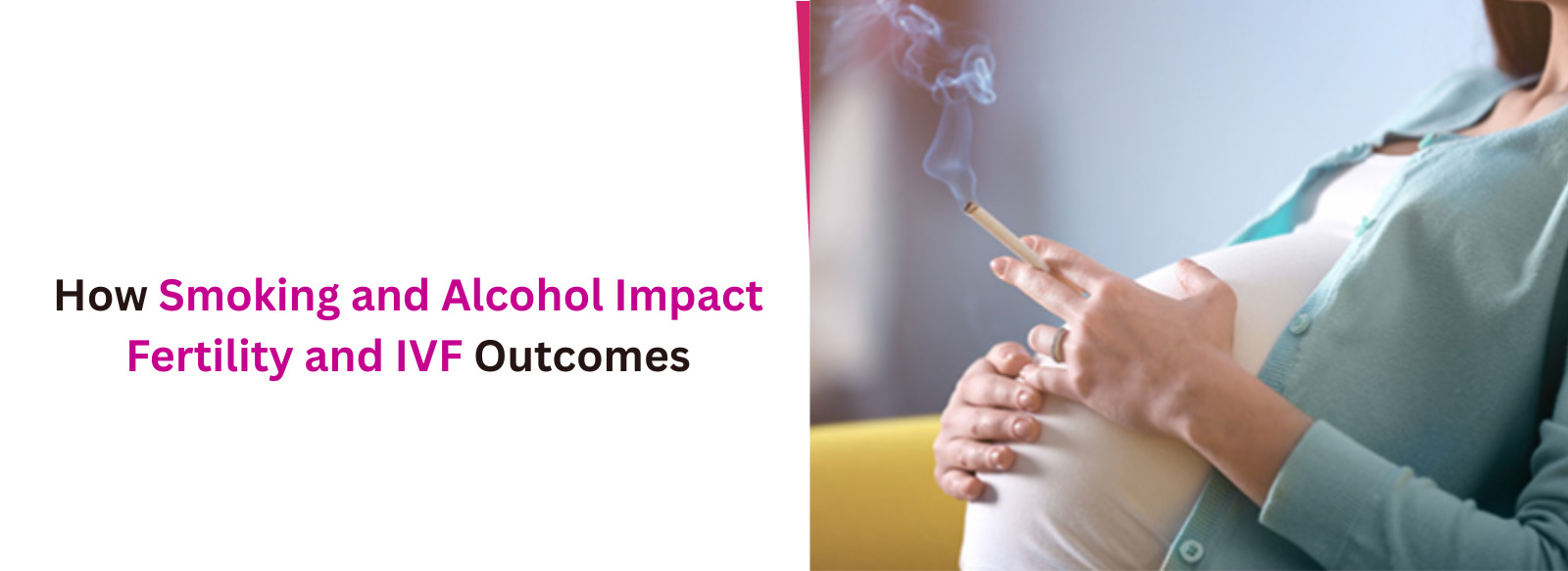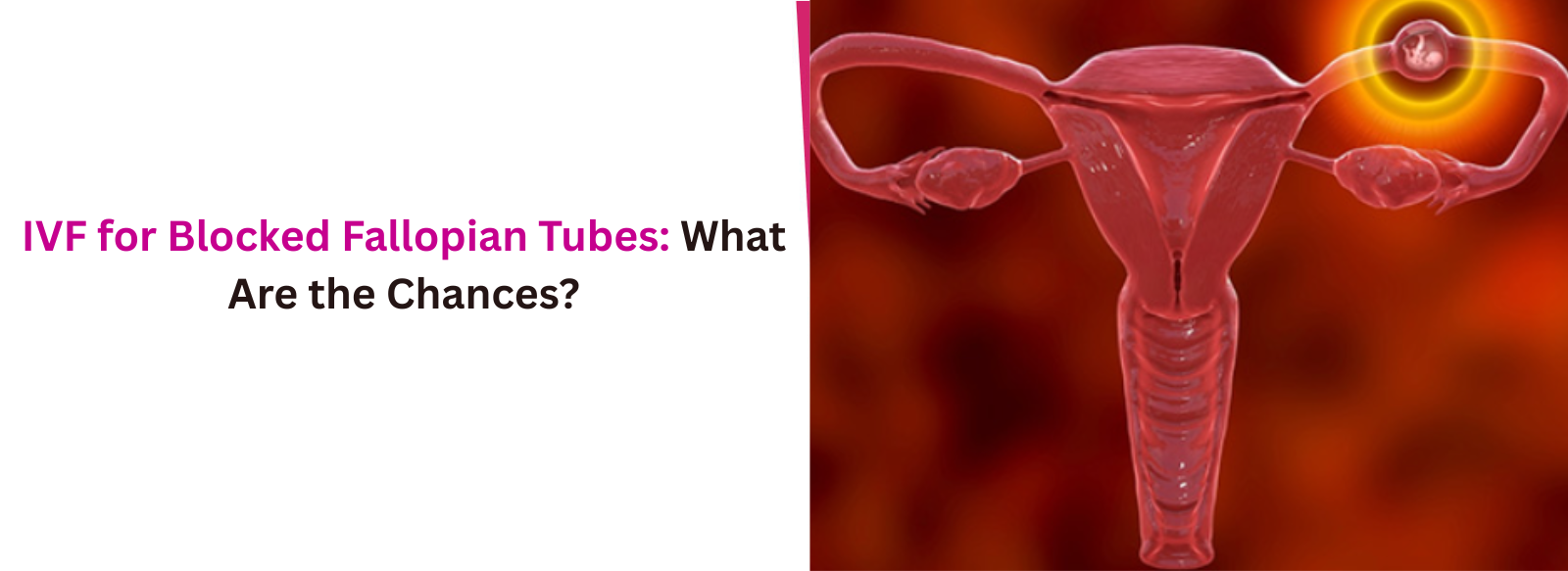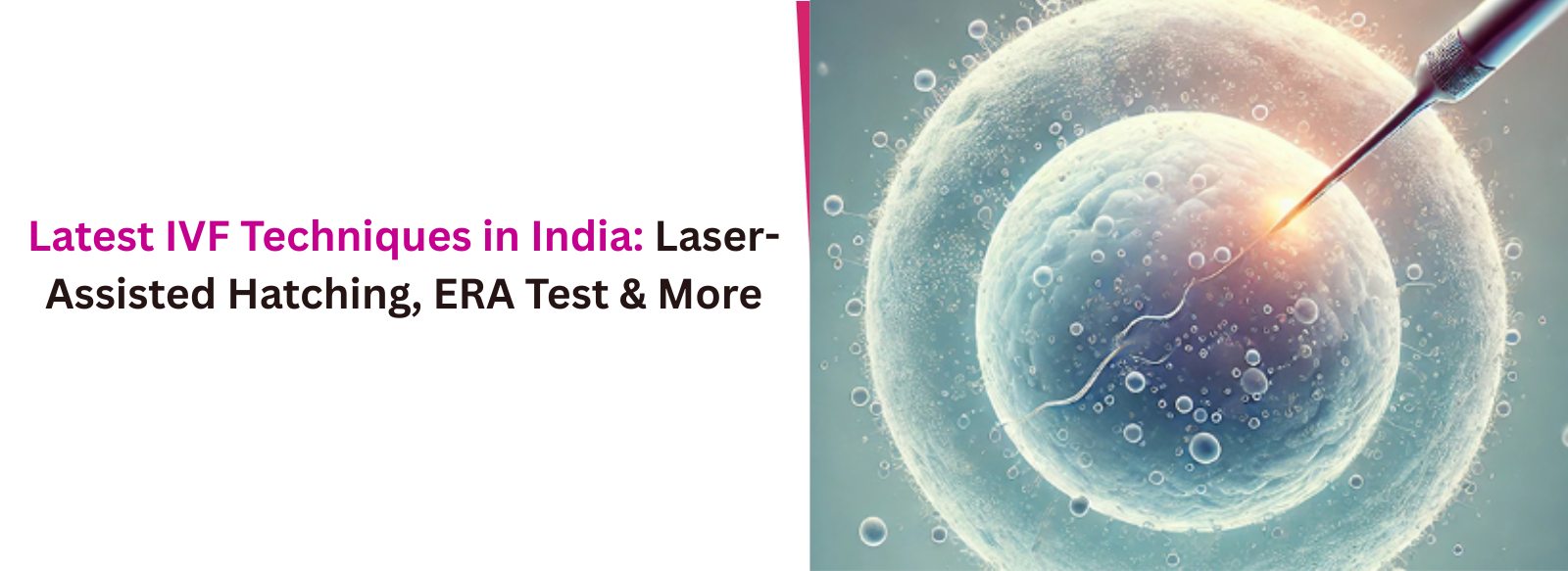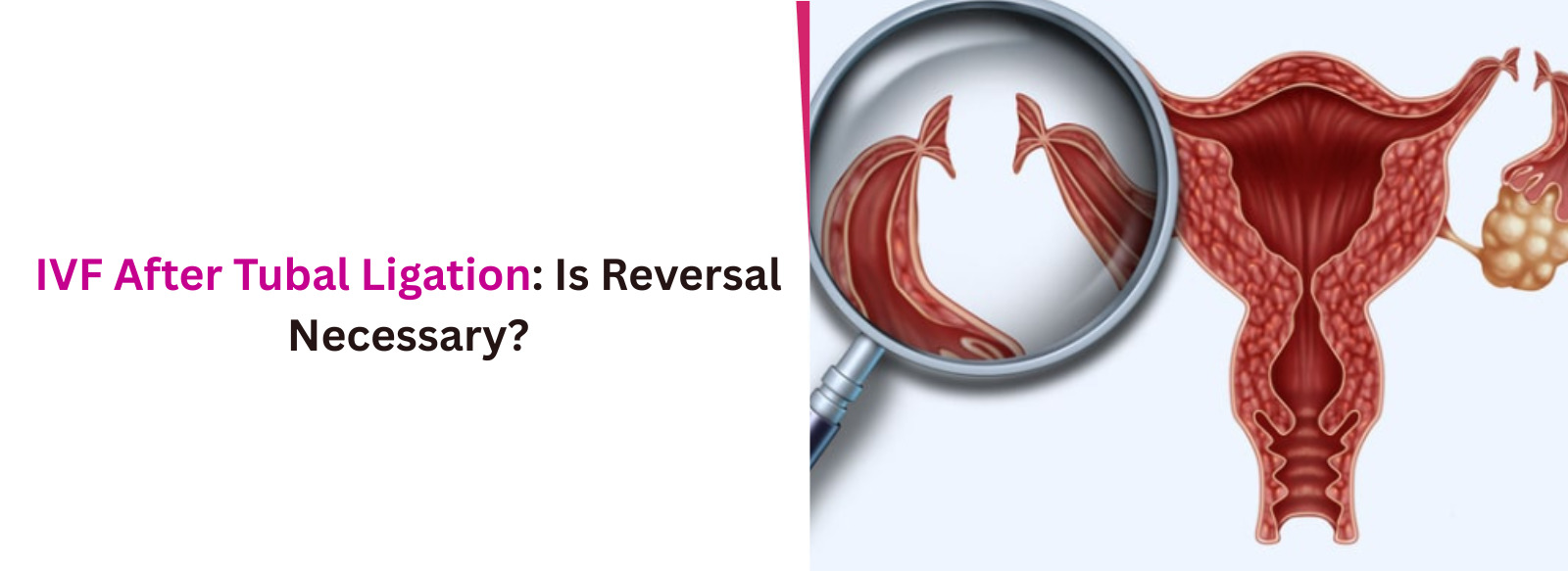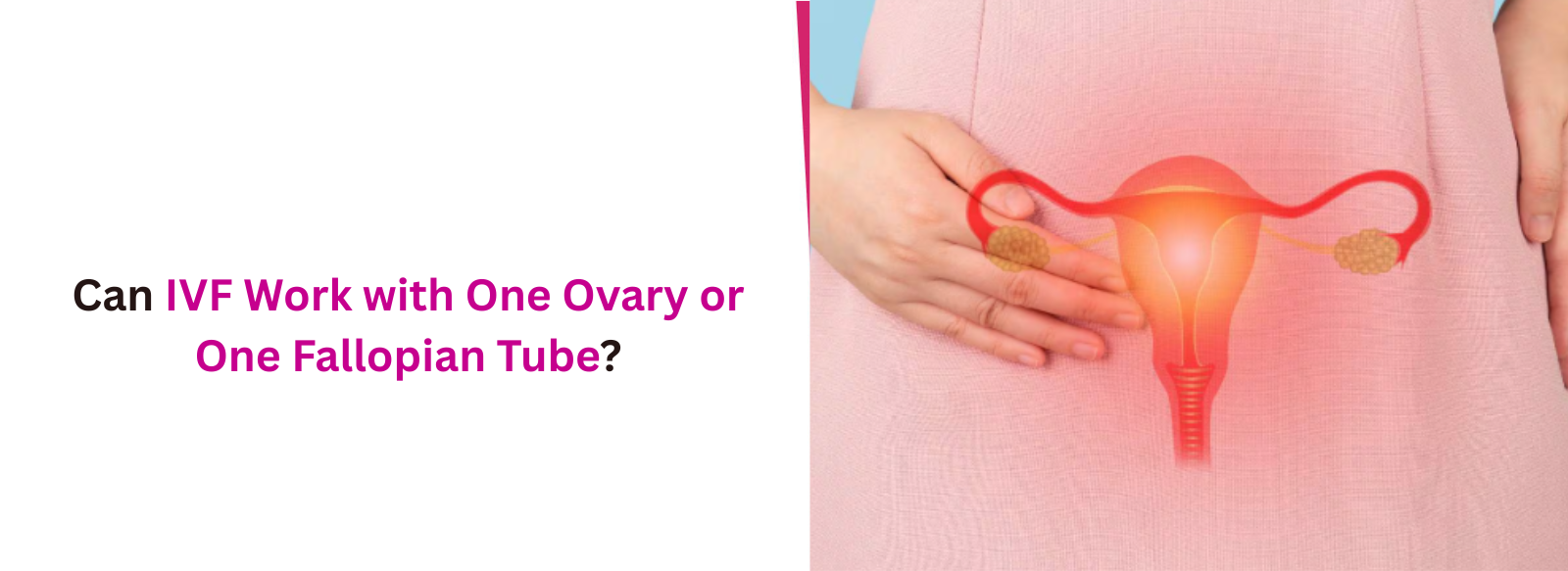n the medical world, the term "geriatric pregnancy" was traditionally used to describe a pregnancy in a woman over the age of 35. However, nowadays, medical practitioners prefer to use the term "advanced maternal age." Advanced maternal age is associated with a decrease in both ovarian reserve and oocyte competence.
While all pregnancies carry some level of risk regardless of a woman's reproductive age, the chances of complications are significantly higher in elderly gravida. Women of advanced maternal age may face increased risks such as chromosomal abnormalities, pregnancy loss, gestational diabetes, hypertension, and delivery complications.
Consulting an experienced infertility specialist in Jalandhar can help women understand these risks, undergo proper assessment, and receive personalized guidance to improve pregnancy outcomes and ensure a safer journey to motherhood.
POSSIBLE FACTORS THAT INFLUENCE CHILD- BEARING AGE
(A) REDUCED FECUNDITY-Women’s age plays a pivotal role in natural healthy conception. A women peaks fertility during their 20s and first half of 30s and after that it starts to decline , resulting in increased risk of female infertility. Age related decrease in the number of oocytes , as well as disturbed neuroendocrine function of ovary and lesions in uterus, contribute to reduced fertility. (B) OVARIAN AGEING - The biological state of the ovum remains the keystone in normal reproduction. Decreasing number of ovarian follicles with age is also accompanied by reduction of their quality, including mainly congenital anomalies of the nucleus such as decondensation of the chromosomes , abnormalities related with spindle apparatus and dispersed chromatin. This eventually results in failed reproduction due to abnormal gametogenesis and fertilization process, early development of the embryo transfer and abnormal implantation. (C) LIFESTYLE PATTERN- Many lifestyle factors such as cigarette smoking, illicit drug use, alcohol and caffeine consumption, psychological stress, and environmental and occupational exposure have substantial effects on fertility.RISKS ASSOCIATED WITH ADVANCED MATERNAL AGE (AMA)
Some of the major risks of Advanced maternal age include:-- Chromosomal abnormalities and birth defects.
- Premature birth, still birth, and miscarriages.
- Low birth weight.
- Labor complications and Caesarean delivery
- Multiple pregnancies such as twins and triplets
- Preeclampsia ( High blood pressure in pregnancy)
- Gestational Diabetes.
WHEN TO SEEK ADVICE FROM MEDICAL PRACTITIONER
As no remedies are available to counteract the aging-related fertility decay , therefore different therapeutic approaches can be offered to women with advanced maternal age such as IVF In vitro Fertilization. Women with age 35 and older can undergo IVF procedure in order to achieve pregnancy. In IVF, mature eggs are retrieved from ovaries and fertilized by sperm artificially in a lab and then fertilized embryos transferred to a uterus. There are certain things which can be taken care during advanced maternal age pregnancy for healthy baby.EFFECTIVE MEASURES TO MAINTAIN ADVANCED MATERNAL AGE PREGNANCY-
- Eating a balanced healthy diet can fill the gaps. Add more calcium, iron, vitamin D, folic acid and other essential nutrients in diet.
- Begin taking a prenatal vitamin a few months before conception.
- Maintaining the right amount of weight can support baby’s health.
- Regular physical activity can easy the discomfort during pregnancy and boost energy and stamina.
- Avoid risky substances such as alcohol, drugs, tobacco and caffeine consumption. Also check with health care provider before taking any medications and supplements.


